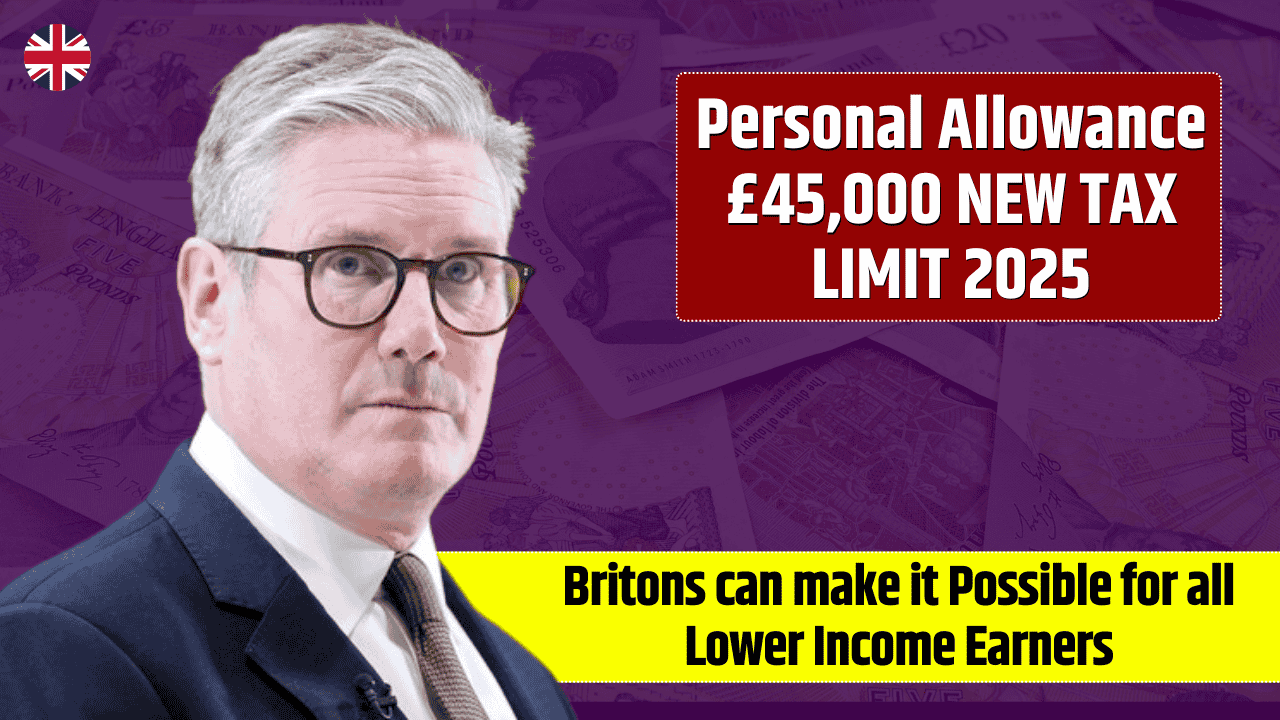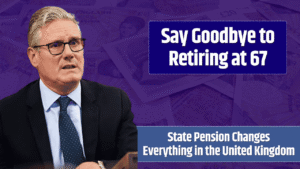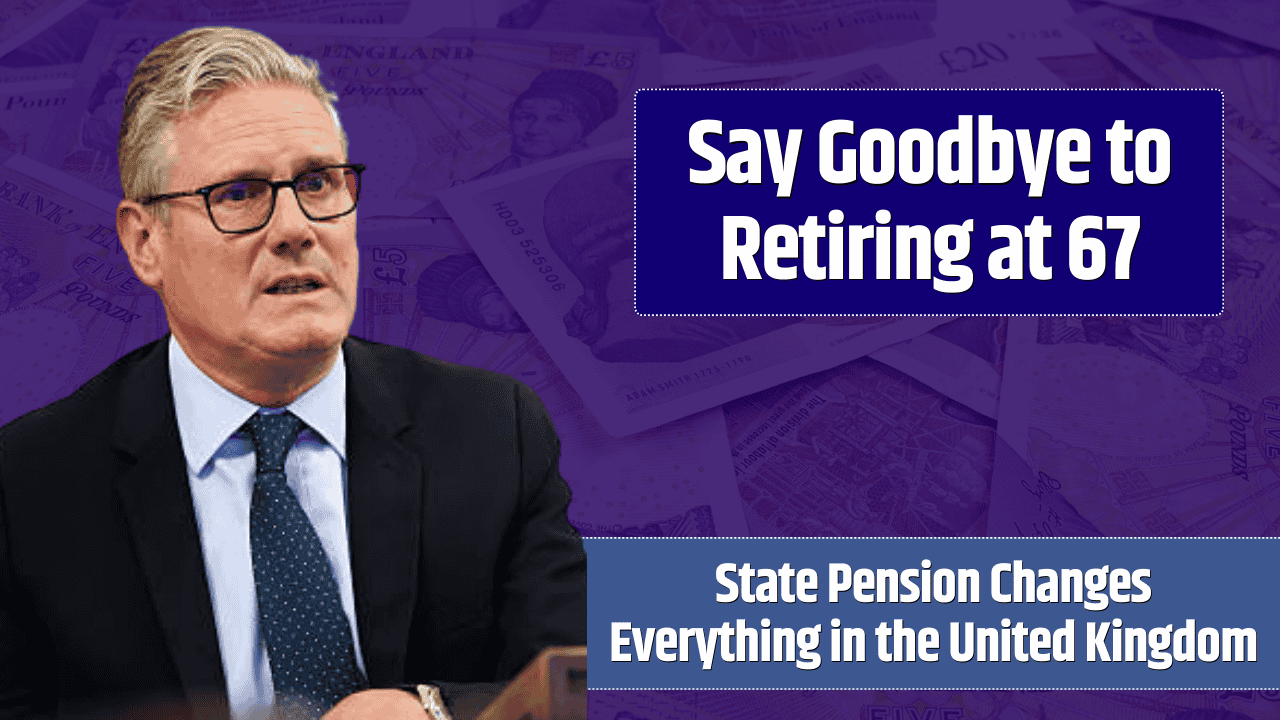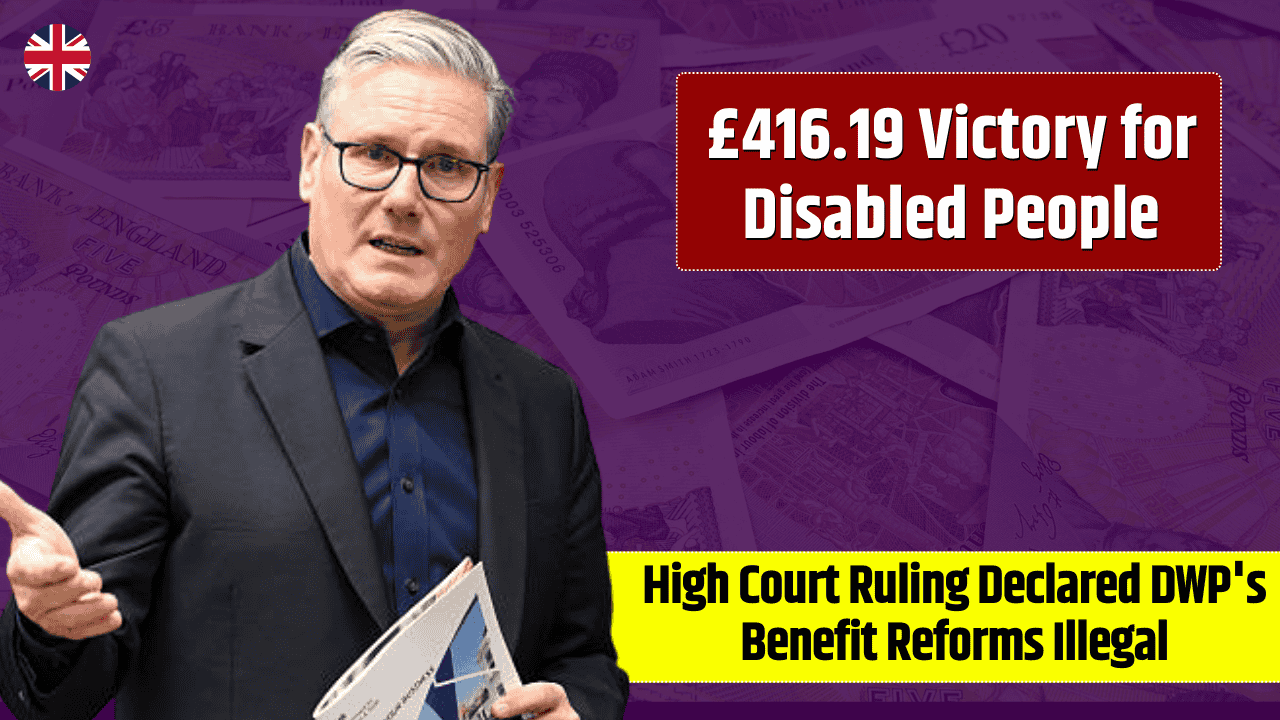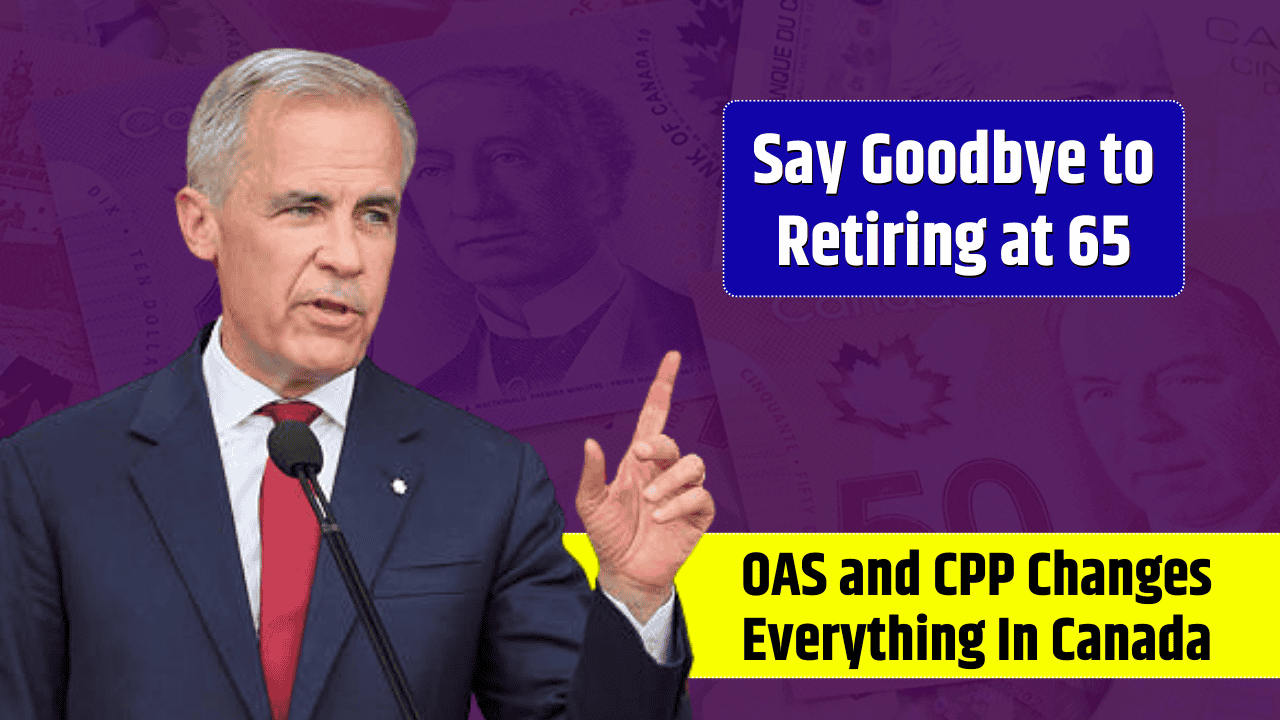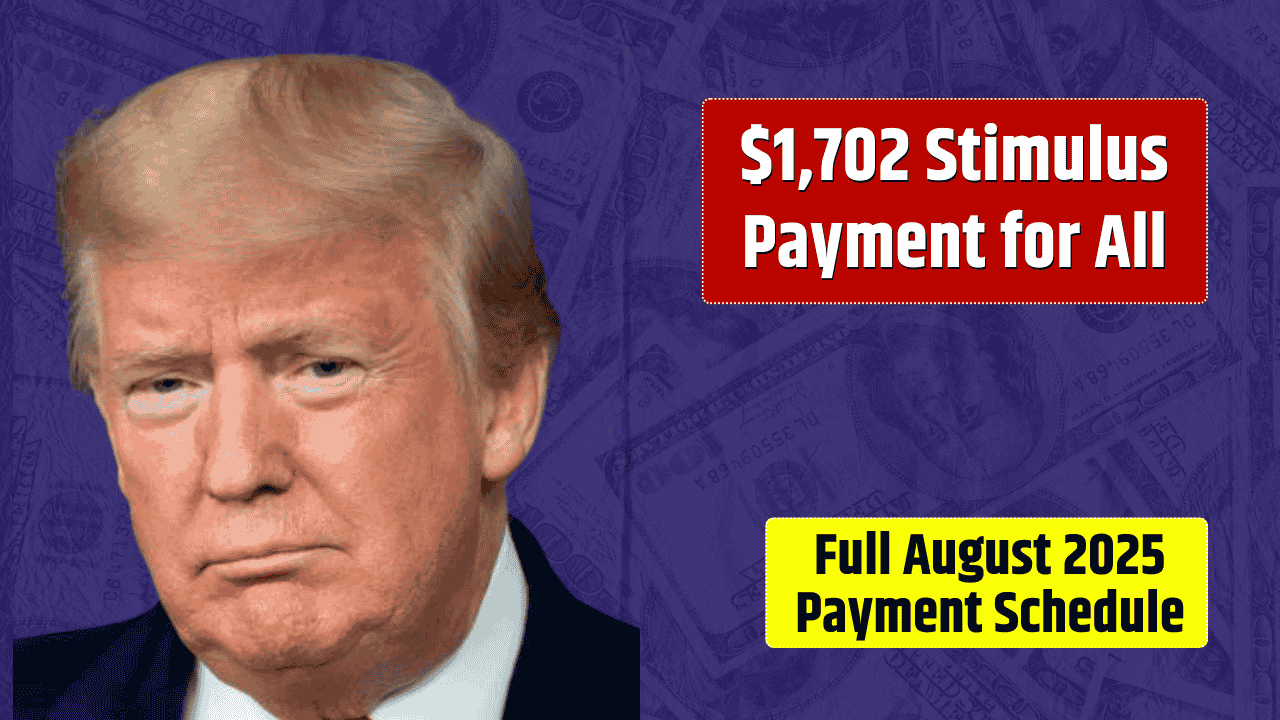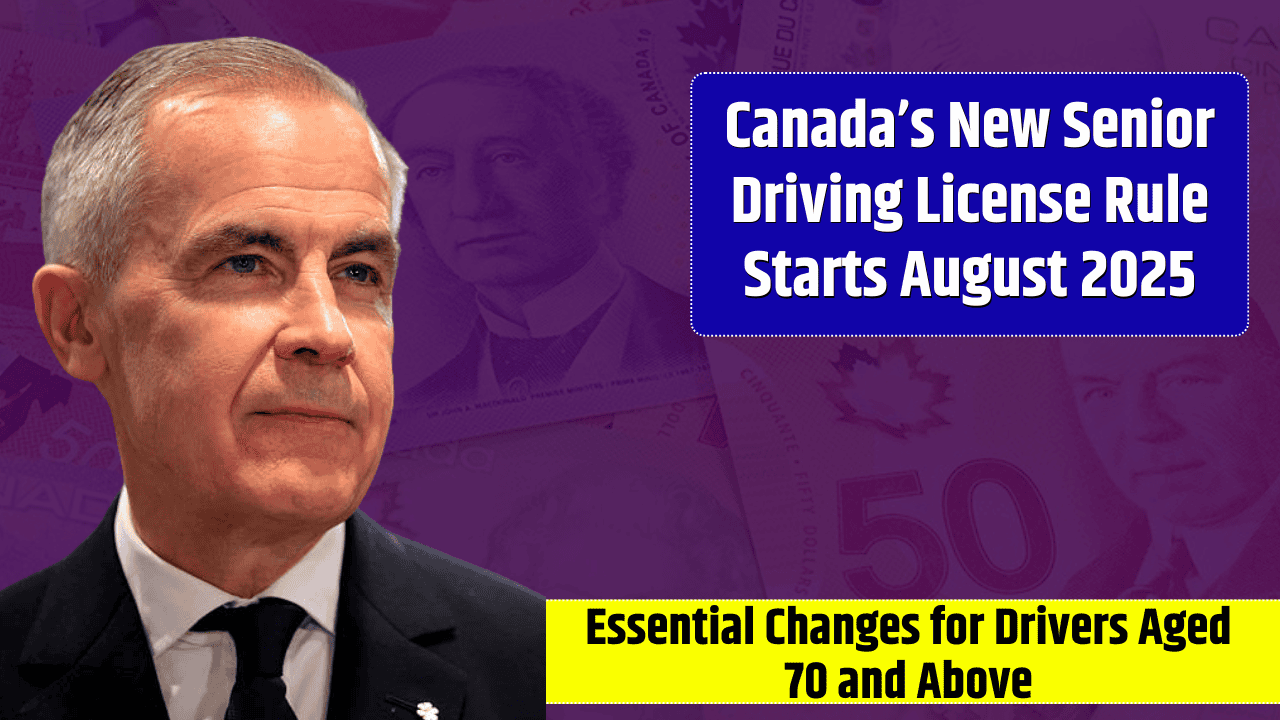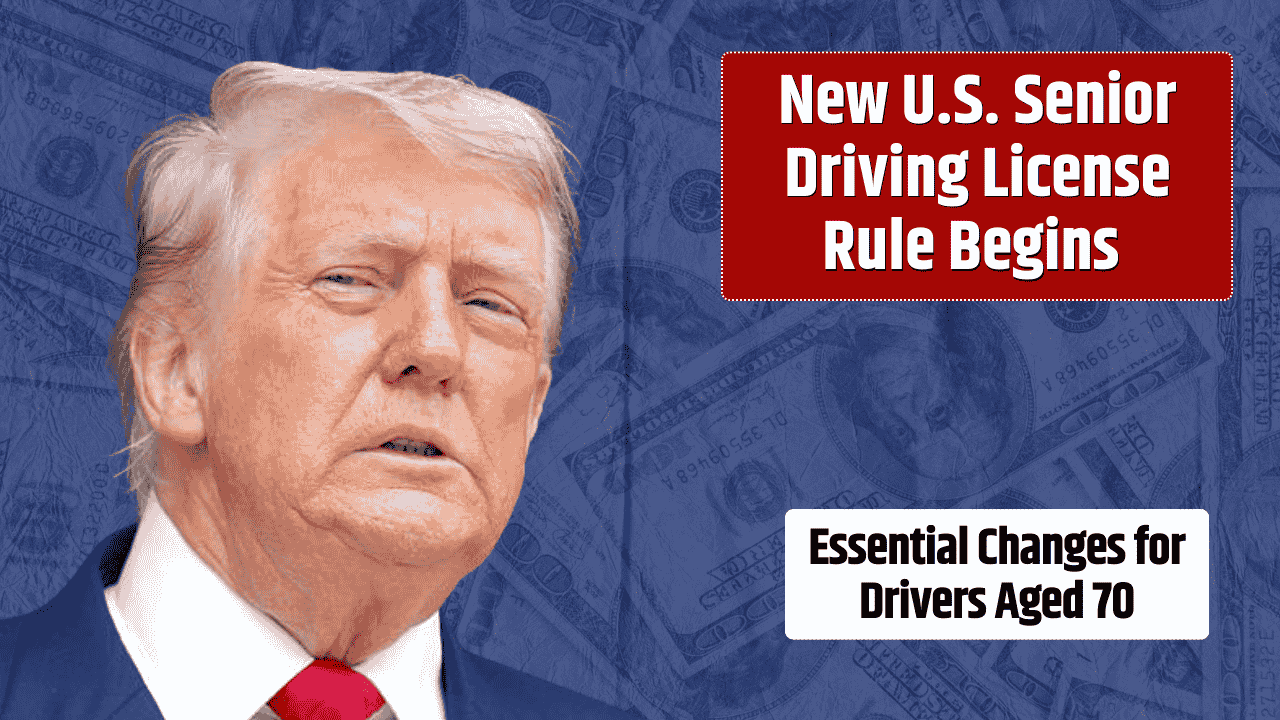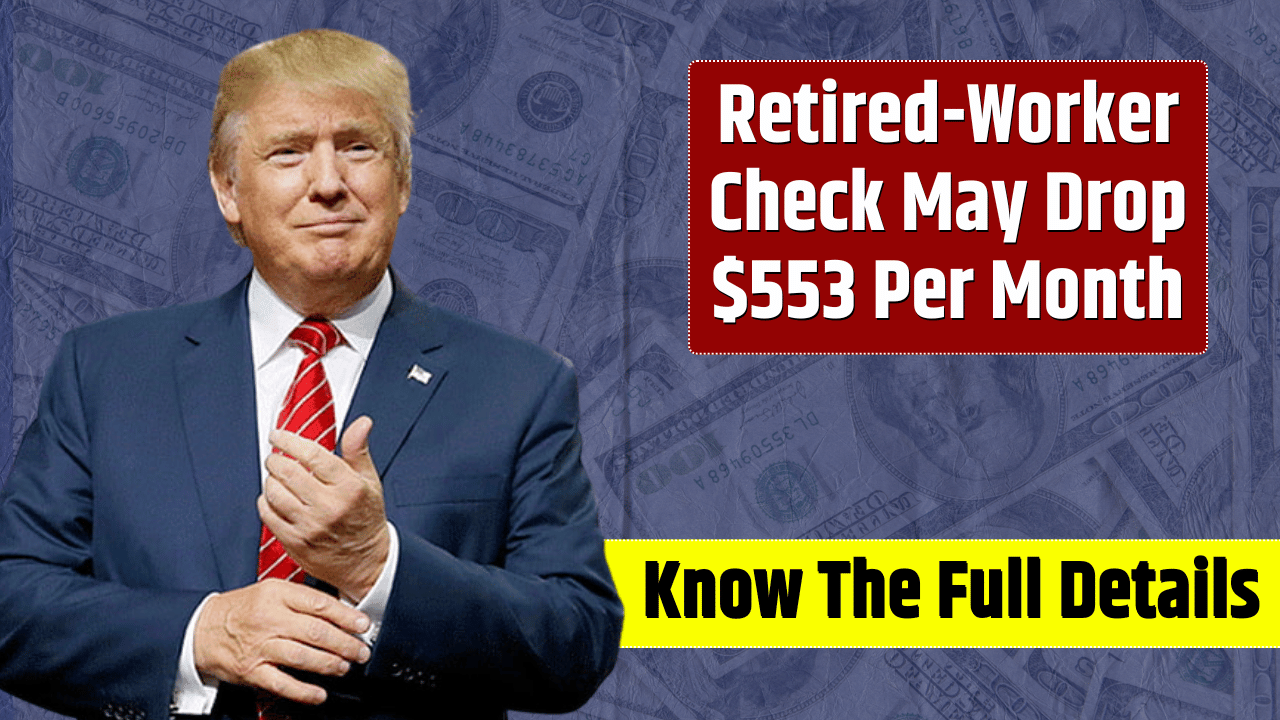Raising the UK’s tax-free Personal Allowance to £45,000.
Sounds wild, right? Yet that’s exactly what some MPs, economists, and campaigners are pushing for in 2025 — and the idea is catching fire faster than a Twitter pile-on. The thinking is simple: people are paying more for everything from rent to Weetabix, wages aren’t keeping up, and the tax system hasn’t had a proper rethink in years. So why not just… stop taxing most of us?
Table of Contents
How the Personal Allowance Works Right Now
If you live and work in the UK, you currently get a Personal Allowance of £12,570 — the slice of your income that HMRC leaves alone. Earn a penny above that, and the taxman takes 20% (the basic rate) until you hit higher bands. It’s been frozen since 2021, which, thanks to inflation, is a bit like freezing your ice cream in the sun.
Here’s a quick breakdown of the current system:
| Income Bracket | Tax-Free Amount | Basic Rate Tax (20%) | Higher Rate Tax (40%) |
|---|---|---|---|
| £0 – £12,570 | £12,570 | 0% | N/A |
| £12,571 – £50,270 | N/A | 20% | N/A |
| Over £50,270 | N/A | 20% up to threshold | 40%+ beyond |
(Source: HMRC)
What £45,000 Could Mean for You
The proposed change would triple the amount you can earn without paying income tax. Anyone on a salary under £45,000? Zero income tax bill. Higher earners? They’d still get the £45k tax-free chunk, just taxed normally above it.
Let’s put it into everyday terms:
- A nurse on £38,000? Suddenly keeping thousands more a year.
- A single parent working two jobs to hit £30k? No income tax at all.
- Even a lawyer on £80k? They’d see a lower effective tax rate.
That’s a £32,430 boost in tax-free income compared to today. Which, in a cost-of-living crisis, is like being given a second heating bill and grocery run back.
Why Supporters Are Pushing for It
Advocates argue the current system punishes ordinary earners while wealthier folks often dodge tax through corporate structures, trusts, and clever accounting. If the goal is fairness, they say, you should start by letting people keep more of what they earn — especially when food prices are up over 25% in the past two years (ONS).
Other arguments in favour:
- Boost consumer spending — More take-home pay means more cash going into shops, cafés, and local economies.
- Cut welfare dependency — People keep enough to cover essentials without extra state help.
- Offset inflation impact — Gives breathing room without having to raise wages in lockstep.
The Price Tag Problem
Here’s the catch: less tax in means less money for government spending… at least in the short term. The Treasury could face a multi-billion-pound hit to revenue. Proponents argue this could be clawed back over time via higher growth, VAT from increased spending, and fewer benefits paid out.
But opponents worry it could lead to cuts in public services, especially when the NHS and councils are already feeling the pinch.
Political Hurdles
Even if the economics stack up, the politics are messy. Any chancellor signing off on a £45,000 Personal Allowance would be making one of the largest tax shifts in modern UK history. And as every politician knows: give with one hand, and voters will notice if you take with the other.
Plus, there’s the question of whether the government wants to be seen giving a significant tax break to higher earners, even if it helps everyone.
Could It Actually Happen?
Maybe — but don’t hold your breath. Big tax reforms tend to be slow, heavily negotiated, and often watered down before they reach law. Still, as household budgets buckle, pressure is mounting. If nothing else, the conversation signals a shift in how Britain thinks about taxation: not just as a revenue tool, but as a lever for economic fairness.
FAQs
What is the UK’s current Personal Allowance?
It’s £12,570 — the amount you can earn before paying any income tax.
Why are people calling to raise it to £45,000?
To give lower and middle earners a break amid rising living costs and to make the tax system more equitable.
Would everyone benefit from the change?
Yes. Anyone earning under £45,000 would pay no income tax. Higher earners would still get the larger tax-free portion.
Would this cost the government money?
Initially, yes. But advocates believe the gap could shrink through economic growth and reduced welfare costs.
Is the current system unfair?
Critics say yes — high earners often use tax strategies unavailable to the average worker, creating imbalance.

